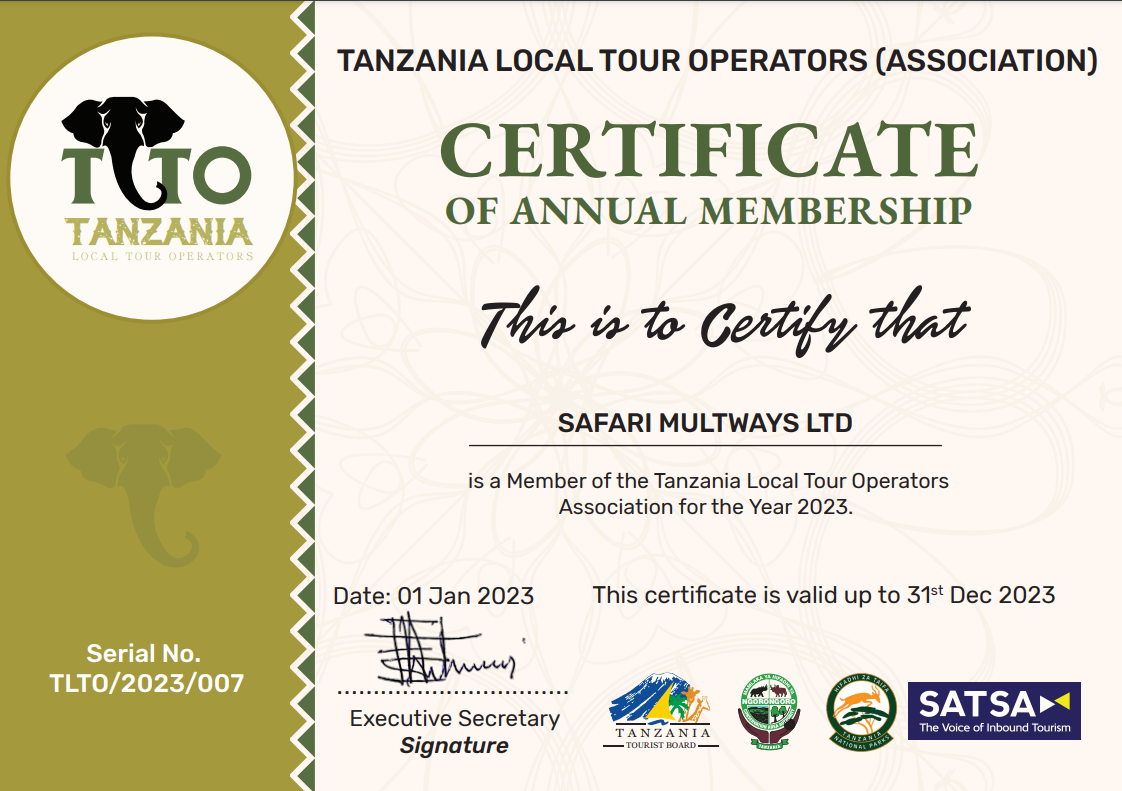Embracing Tanzania’s Vibrant Cultural Tapestry
Embracing Tanzania’s Vibrant Cultural Tapestry
Nestled in the heart of East Africa lies a country that is not only rich in natural beauty but also boasts a vibrant and diverse cultural tapestry. Tanzania, with its numerous ethnic groups and traditions, is a melting pot of cultures that have been influenced by centuries of trade, migration, and colonialism. From the Maasai warriors in the north to the Swahili coastal communities in the east, Tanzania offers a unique opportunity to explore and immerse oneself in a myriad of cultural experiences.
Discovering the Rich Heritage of Tanzania
One of the first things that strikes visitors to Tanzania is the warm and welcoming nature of its people. Tanzanians take great pride in their cultural heritage and are more than happy to share their traditions with visitors. From the colorful clothing worn by the Maasai to the traditional dances performed by the Chagga people, every ethnic group in Tanzania has its own unique identity that is deeply rooted in history and tradition.
For those interested in history, a visit to the UNESCO World Heritage Site of Stone Town in Zanzibar is a must. This ancient city, with its narrow winding streets and ornately-carved wooden doors, is a living testament to the island’s Swahili heritage and its history as a major trading hub in the Indian Ocean. Visitors can wander through the bustling markets, sample the local cuisine, and learn about the island’s rich history at the various museums and cultural centers.
Exploring the Diverse Traditions of Tanzanian Culture
Tanzania’s cultural diversity is perhaps most evident in its music and dance. Traditional drumming and dancing are integral parts of many ethnic groups’ ceremonies and celebrations, and visitors can often witness these performances at cultural events and festivals throughout the country. The rhythmic beats of the drums and the graceful movements of the dancers are a sight to behold and offer a glimpse into the soul of Tanzanian culture.
Food is another important aspect of Tanzanian culture, with each ethnic group having its own unique cuisine. From the spicy pilau rice of the Swahili coast to the grilled meats and stews of the Maasai, Tanzanian food is a true reflection of the country’s diverse cultural heritage. Visitors can sample these dishes at local restaurants and markets, or even try their hand at cooking traditional Tanzanian recipes with a local chef.
In conclusion, Tanzania’s vibrant cultural tapestry is a true testament to the country’s rich history and diversity. By embracing and immersing oneself in the traditions and customs of its various ethnic groups, visitors can gain a deeper appreciation for the beauty and complexity of Tanzanian culture. Whether exploring the ancient streets of Stone Town, witnessing a traditional dance performance, or sampling the local cuisine, Tanzania offers a wealth of opportunities to experience and celebrate its unique cultural heritage. So why not pack your bags and embark on a journey of discovery through Tanzania’s vibrant cultural tapestry?



